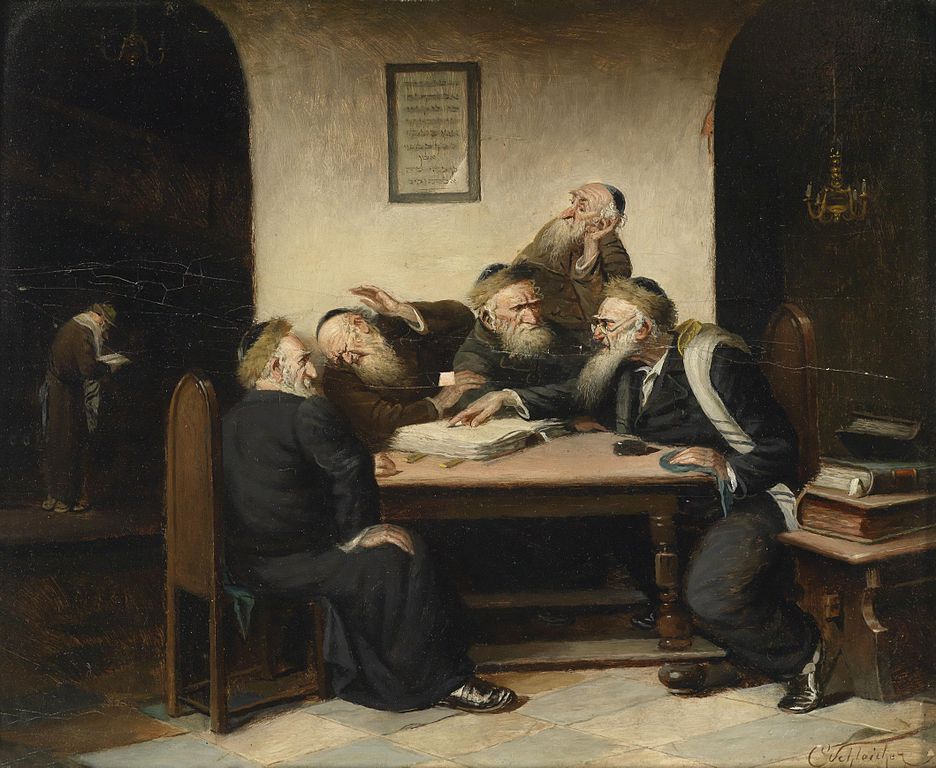by Lois Tverberg
For the LORD gives wisdom, and from his mouth come knowledge and understanding. Proverbs 2:6
The week I became aunt to a new niece, our family was praising God for her, but her birth was not routine. It was still about a month before my sister-in-law’s due date when she woke up bleeding. She was rushed by ambulance to the hospital for an emergency C-section, which saved the baby’s life and perhaps her own.
As we discussed it, we realized that if our family had lived 100 years ago, my brother would have lost his daughter and maybe his wife that day. Thinking back, we realized that many in our family would have died of serious illnesses for which only recently has there been medical care.
This reminded me of a traditional prayer that Jewish people use to praise God when they hear of a great advance in knowledge in medicine or other areas:
Blessed art Thou, Oh Lord our God, King of the Universe,
who gives of His wisdom to flesh and blood.
They also have a prayer to praise God when they hear particularly inspired preaching of the scriptures. Then they say,
Blessed art Thou, Oh Lord our God, King of the Universe,
who gives of His wisdom to those who revere Your Name.
There is a lot of wisdom in these prayers. Christians have an easier time understanding the second, that it is God who inspires us about the scriptures. But the other prayer shows another even more surprising truth – that God is also sovereign over “secular” knowledge too.
We can sometimes be tempted to believe that God is threatened by human knowledge, and that scientific advances are a challenge to his power. For instance, some feel it is unspiritual to seek medical help, and that only prayer for healing is God’s will. If man healed us, then God was not involved. In Judaism, however, a prayer is said before taking medicine which praises God for this gift and asks Him to use it to heal them. They see God’s presence in what we would say was our own accomplishment.
There is great wisdom in realizing that even the greatest human discoveries are gifts from God, and that God is sovereign over what mankind achieves too. No matter where exploration and discovery lead us, God, in his infinite wisdom, is far beyond even that.
Photo by Christian Bowen on Unsplash



